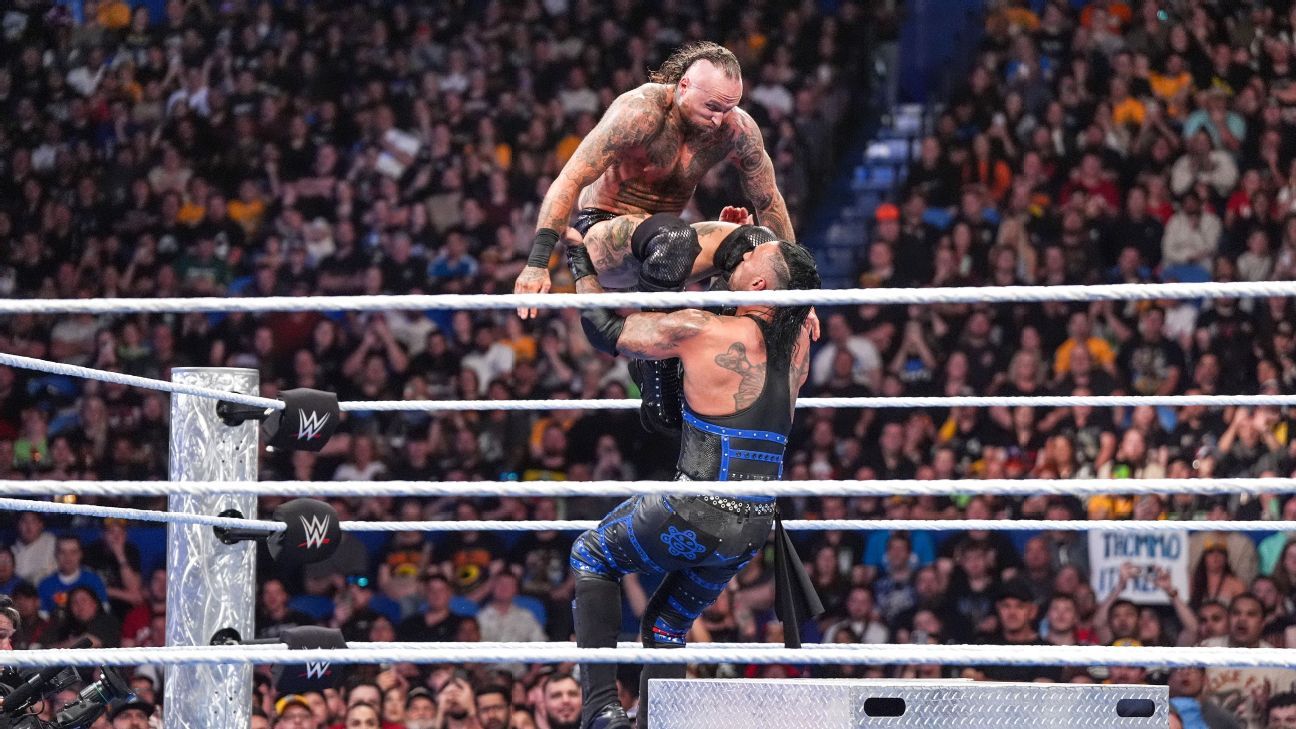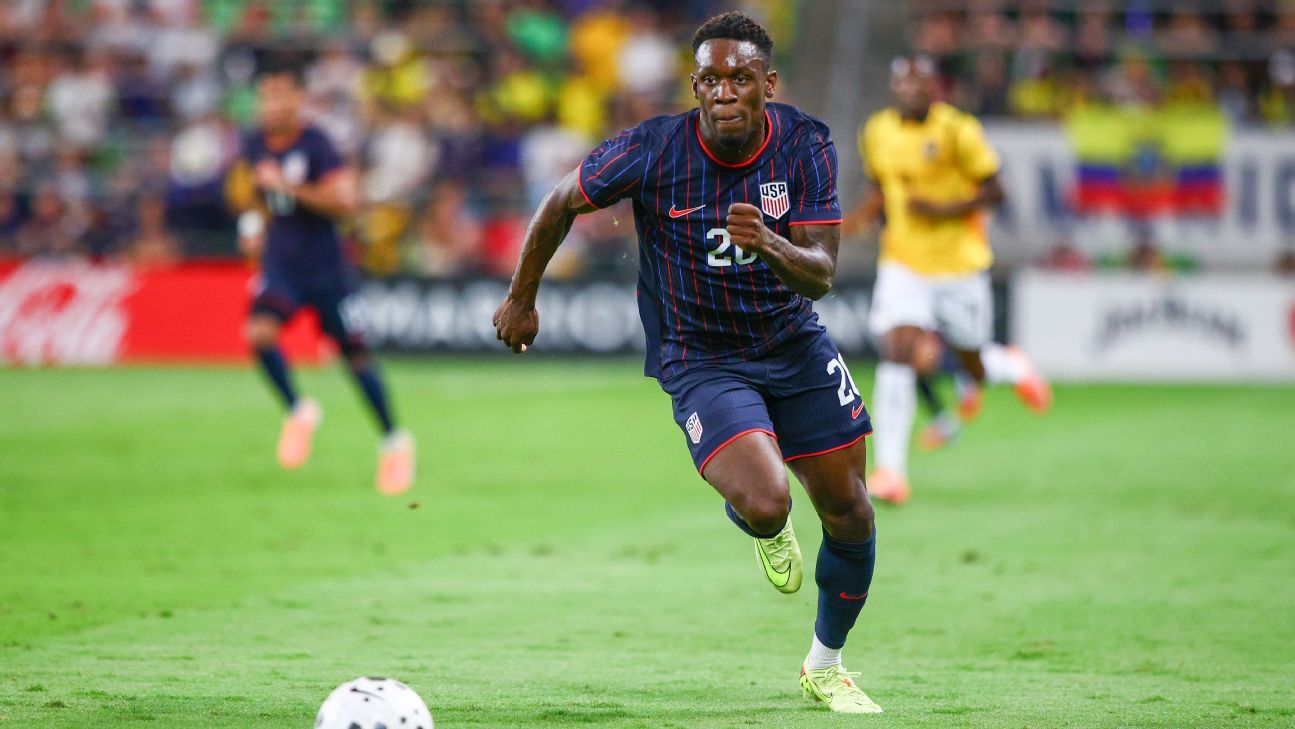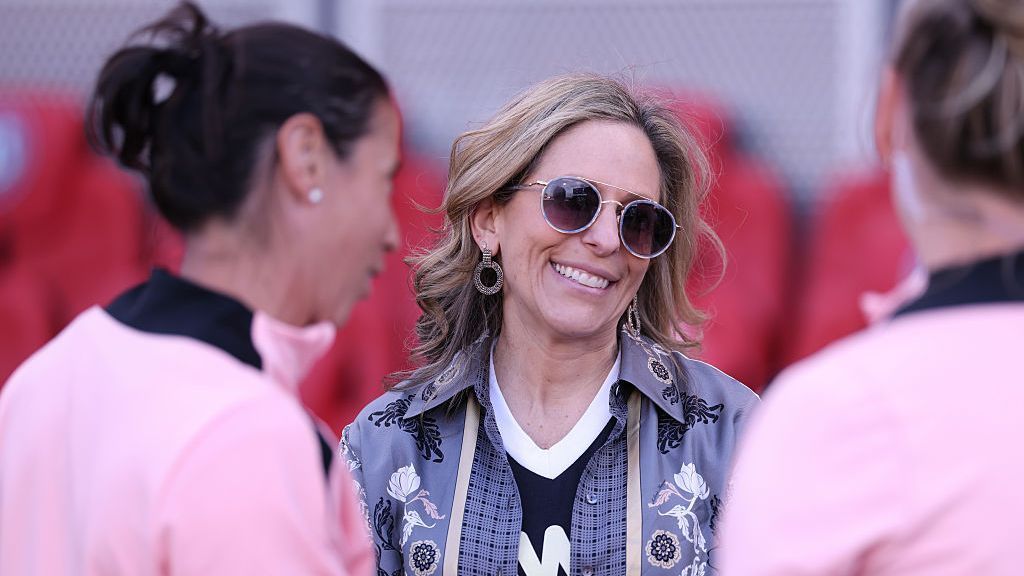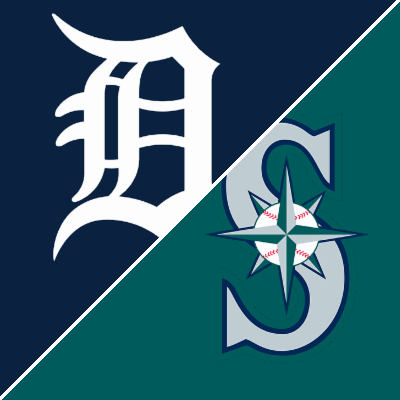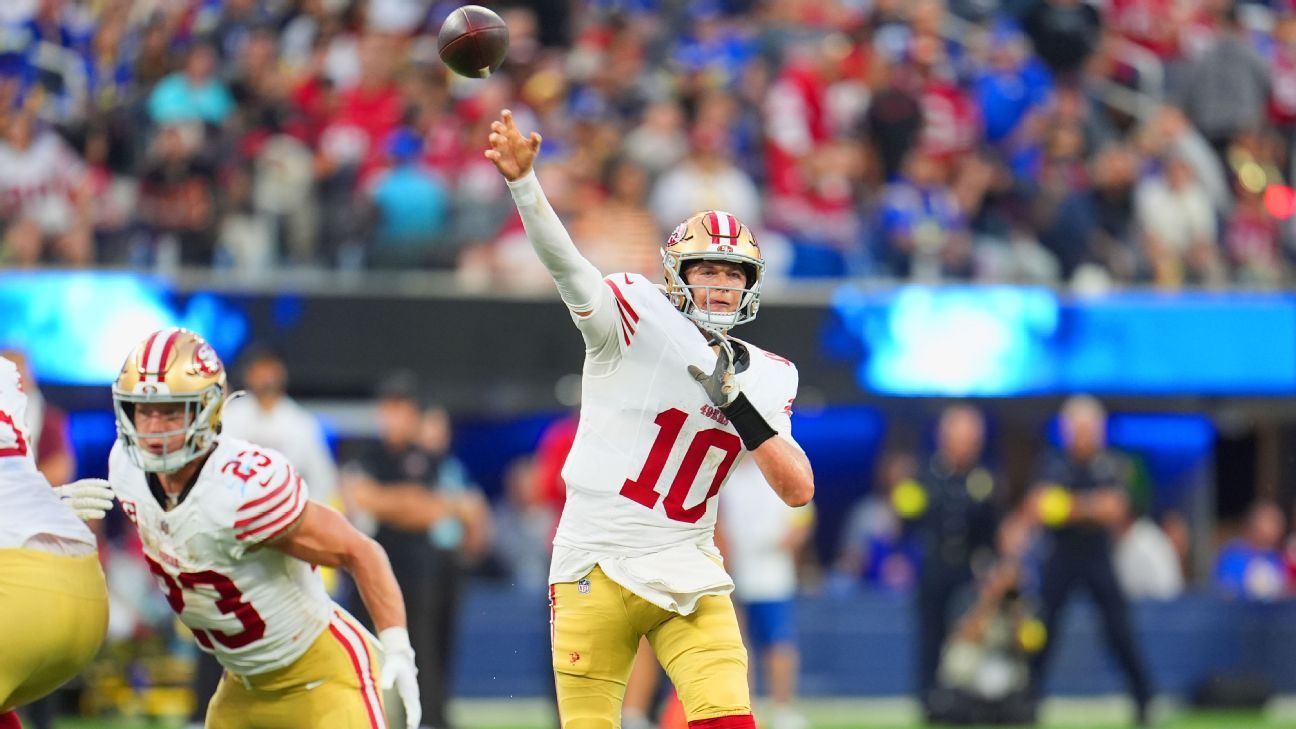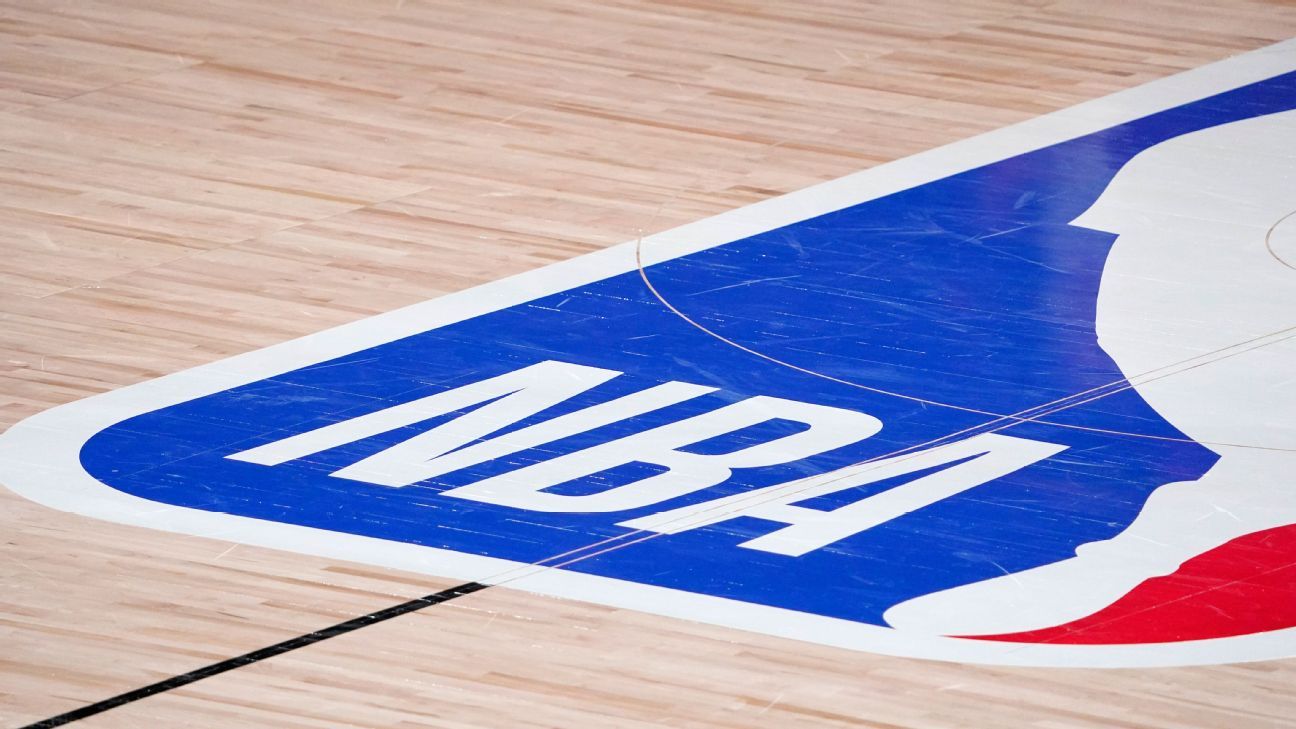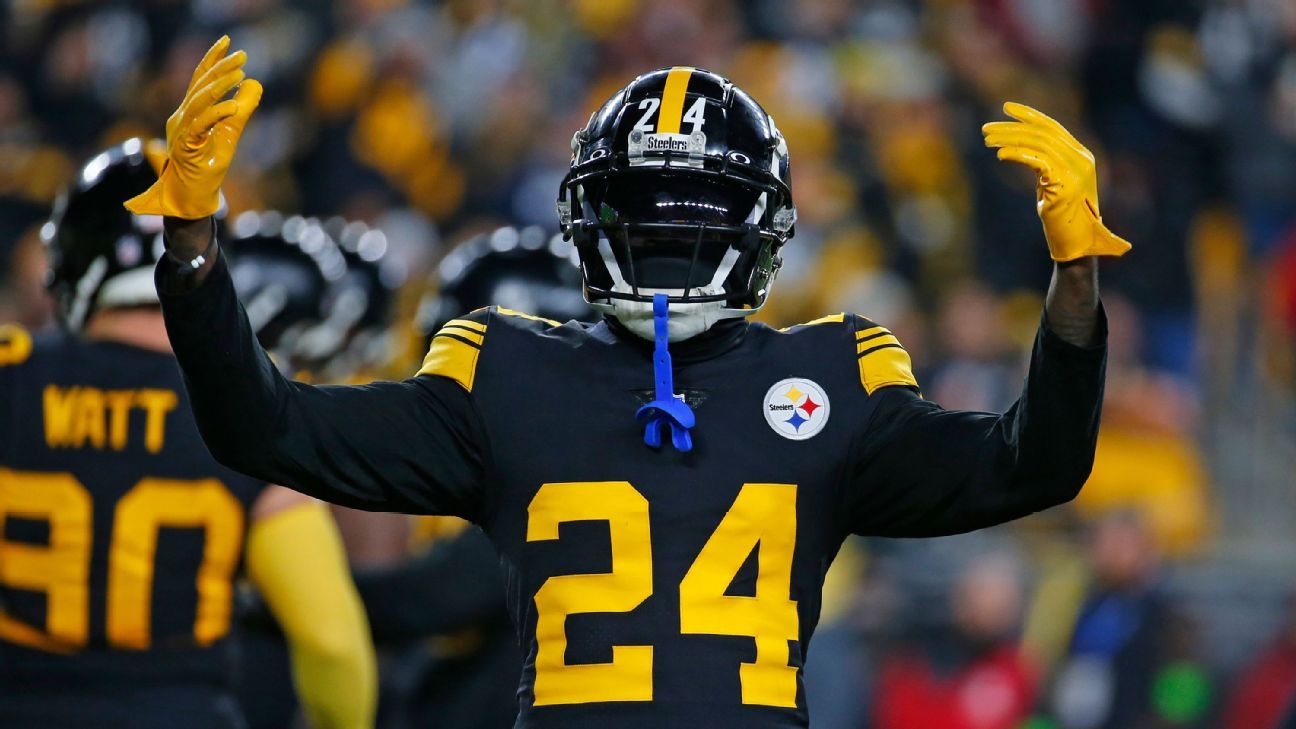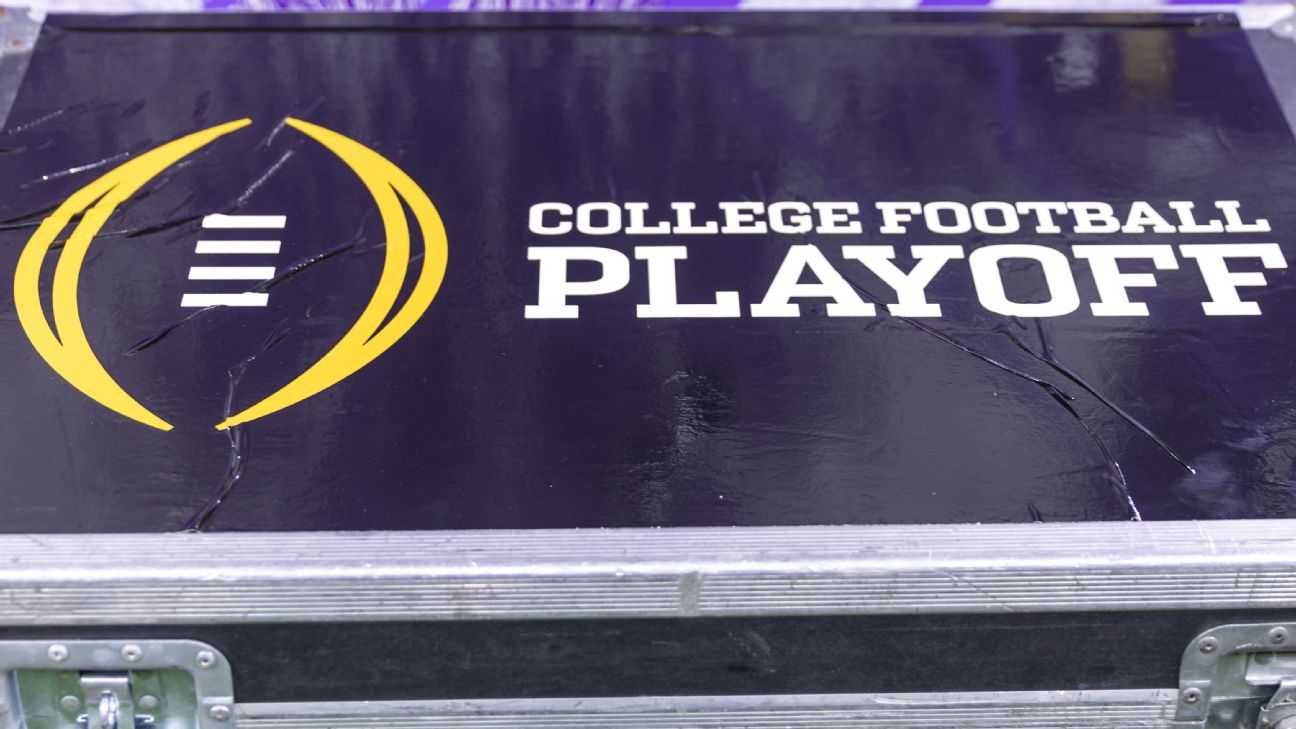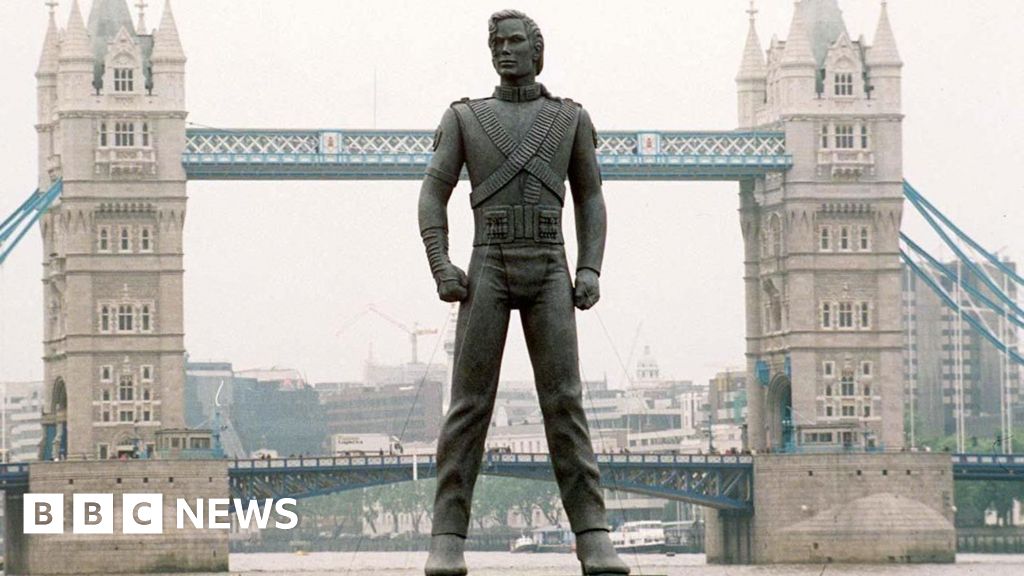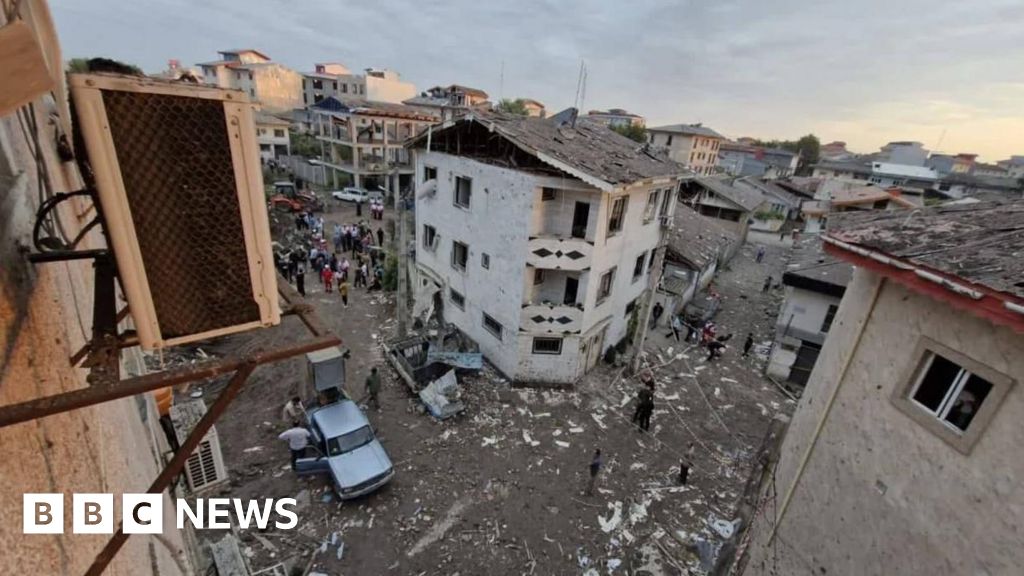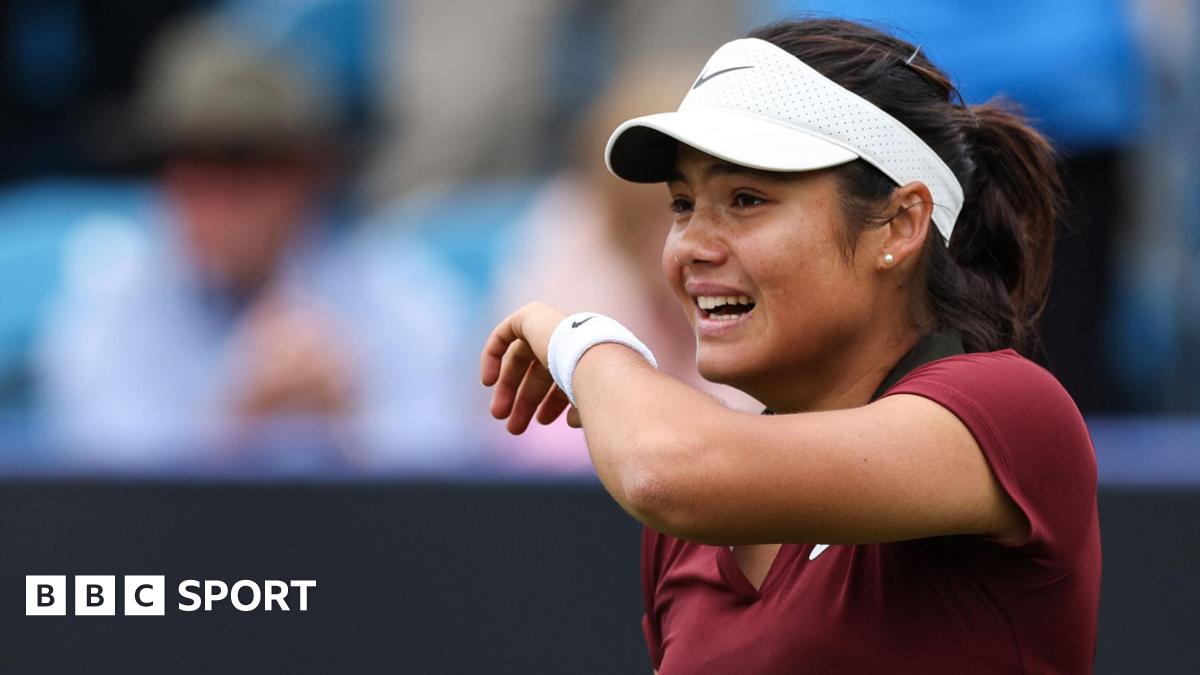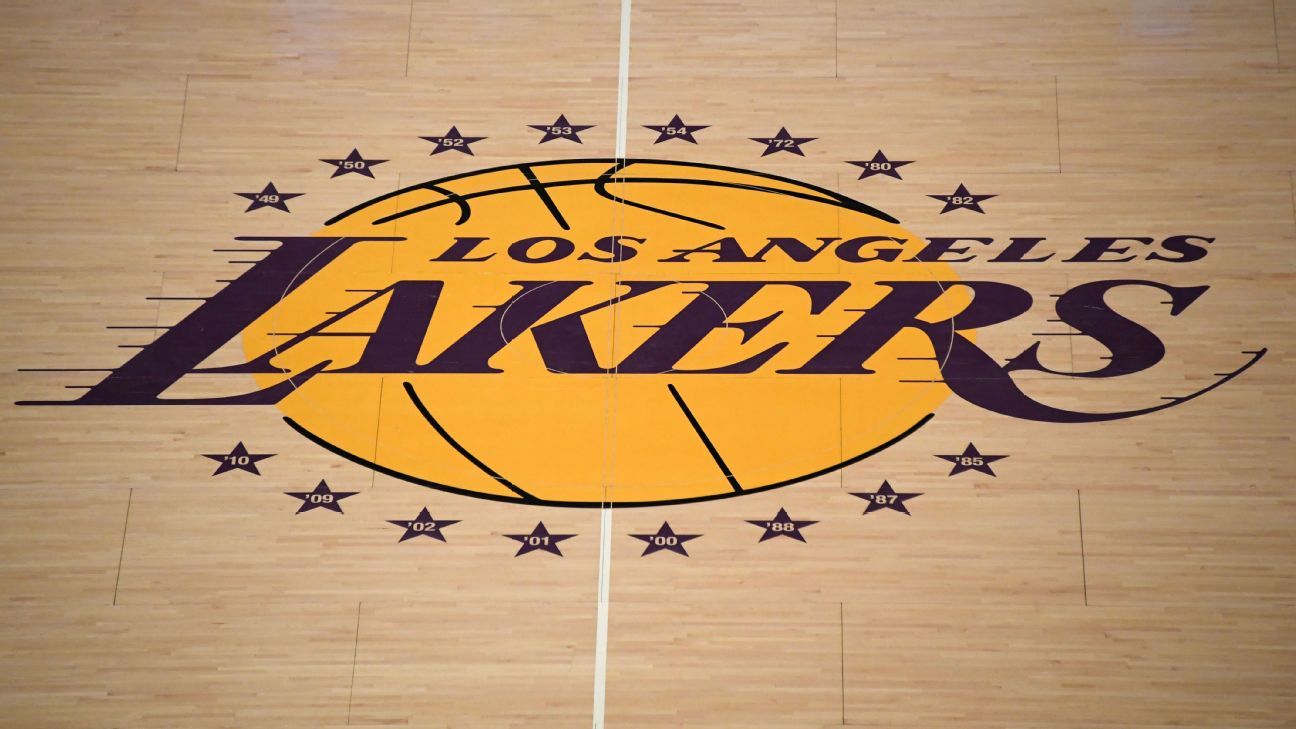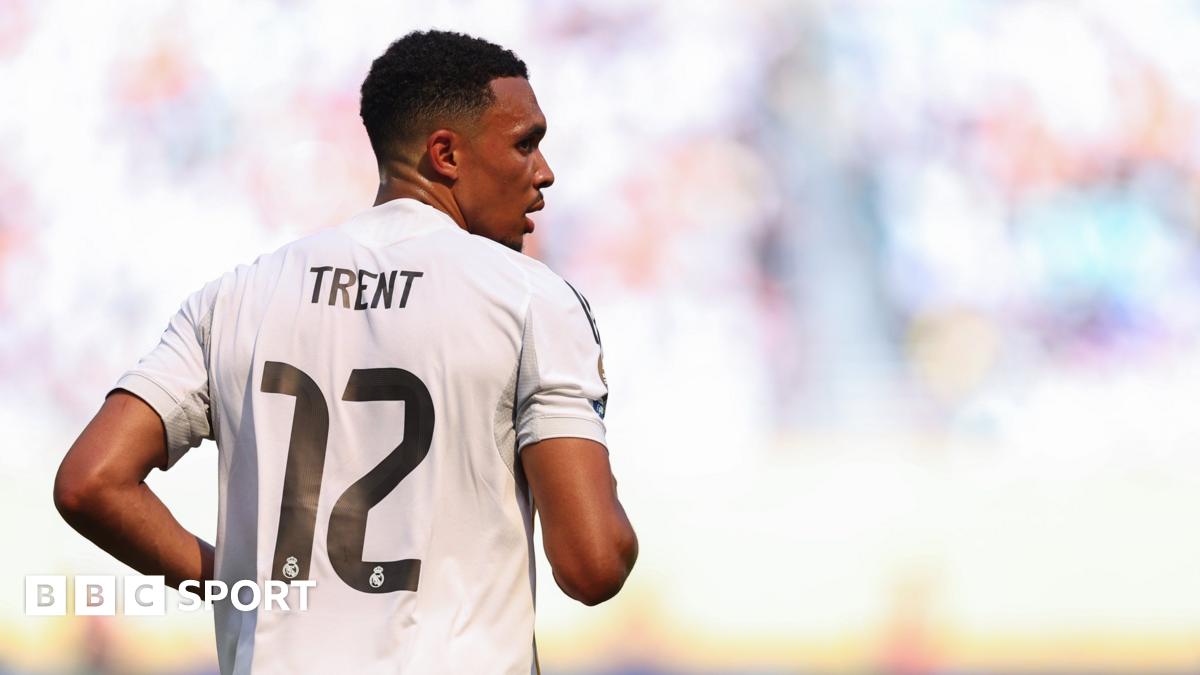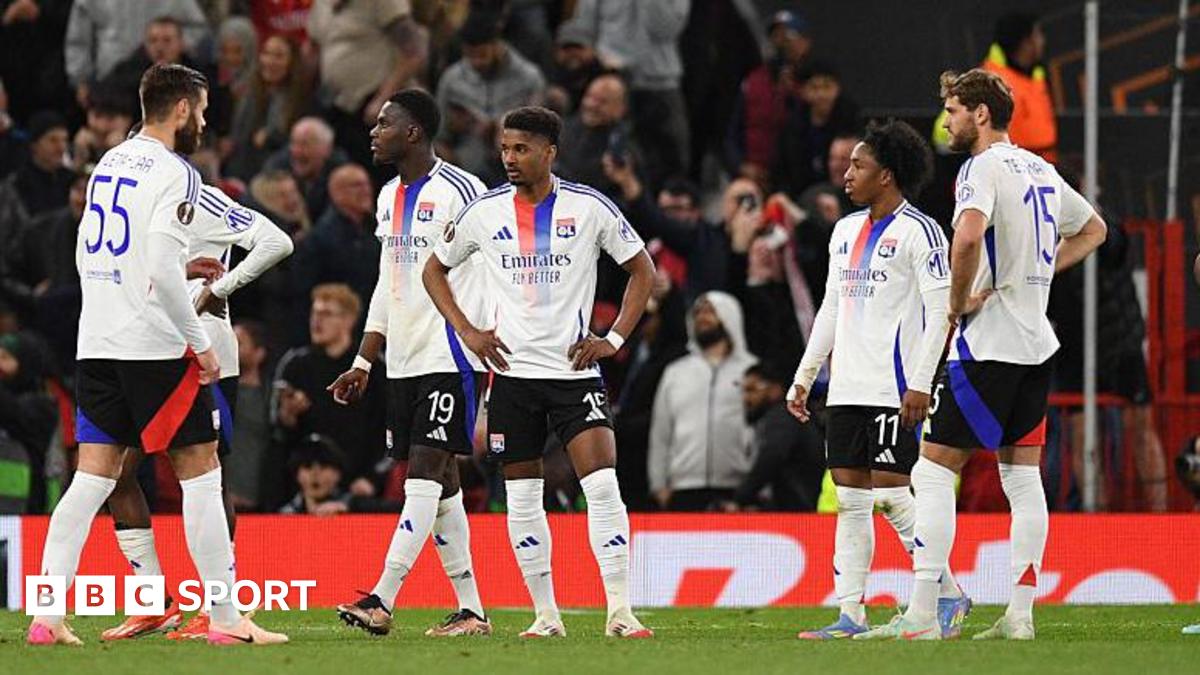Kiley McDaniel

Kiley McDaniel
ESPN MLB Insider
- ESPN MLB Insider
- Kiley McDaniel covers MLB prospects, the MLB Draft and more, including trades and free agency.
- Has worked for three MLB teams. Co-author of Author of 'Future Value'
Jul 6, 2025, 11:40 PM ET
One week before they select the No. 1 overall pick in the 2025 MLB draft, the Washington Nationals fired president of baseball operations Mike Rizzo and manager Dave Martinez, a rare housecleaning on the eve of arguably the most important time of year for baseball-operations departments.
The pair was at the helm for the franchise's only World Series title in 2019 but has also been around for a prolonged rebuild with a Nationals team that is once again stuck at the bottom of the National League East this season.
Perhaps the most surprising element of the decision is its timing -- right before the draft and the July 31 MLB trade deadline. What does the change mean for the first pick in the draft? How could it impact the Nats' deadline direction? And what should we make of the team's current rebuild?
ESPN MLB experts Kiley McDaniel and Jeff Passan dig in.
Why would the Nationals fire their GM and manager now, with the MLB draft and trade deadline just around the corner?
Passan: The move stunned the industry, though a specific decision the Nationals were facing, sources said, played a significant role. Ownership faced a deadline next week to make a decision on an option in Martinez's contract for the 2026 season. The team did not intend to pick it up and was disinclined to have another lame-duck situation like the one with Jim Riggleman in 2011, when, amid a torrid stretch, he threatened to quit that night if his option for 2012 wasn't exercised. Rizzo didn't accede, Riggleman stood by his threat and chaos ensued.
Martinez and Rizzo were seen internally as tethered to one another, and if Martinez was going to go, so was Rizzo. Doing so at this particular moment, of course, almost never happens and harkens back to 2006, when Kansas City let go of GM Allard Baird and replaced him with Dayton Moore six days before the Royals were set to choose first overall in the MLB draft. Moore left draft duties to scouting director Deric Ladnier, and Kansas City chose right-hander Luke Hochevar in a draft that included Clayton Kershaw, Max Scherzer and Tim Lincecum.
Washington's situation is different -- interim GM Mike DeBartolo, previously an assistant GM with significant influence on the team's baseball-operations moves, will lead the draft and manage the trade deadline -- but the imperative to nail 1-1 is every bit the same.
McDaniel: I was at dinner when the news broke and before I saw the headline, I had multiple text messages to the effect of "WTF?" with no context because this is obviously the only news scouts and execs could be referring to.
This is a weird time to make this move, leaving Washington with an interim head of baseball operations making key decisions in the draft and trade deadline when the franchise extended Rizzo less than two years ago. Months after the extension, the Lerner family decided not to sell the team and took it off the market, another variable that was thought to endanger Rizzo's job security in the past (he'd been the Nationals' general manager since 2009), but ultimately didn't.
What does the front-office move mean for the No. 1 overall pick in Sunday's MLB draft?
McDaniel: The two leading candidates are prep shortstop Ethan Holliday and LSU left-handed Kade Anderson and both are advised by Scott Boras, an agent that Rizzo worked with extensively while in charge of the Nats.
It's a flat year where there isn't a ton of separation among the first six or eight players, so there are lots of viable strategies in play for the top pick rather than a slam-dunk prospect-- or even only two reasonable options. Because of the specifics of this choice, I don't think this will change the team's thinking.
Passan: The expectation has been that the Nationals would select Holliday with the first overall pick. Certainly getting rid of Rizzo doesn't change the calculus of Washington's analytics department or scouts who have scoured the available player pool and offered their assessments. Rizzo's background in scouting, though -- he spent more than half a decade as Arizona's scouting director and was regarded as one of the best in the game -- made the draft of even greater importance to him.
While DeBartolo's background is in analytics, he has been a vital cog in the front office for years. And he understands how the No. 1 overall pick can change a franchise. The Nationals have picked first twice, and both picks were no-brainers: Stephen Strasburg in 2009 and Bryce Harper in 2010. With no clear-cut top choice this year, DeBartolo has a week to figure out the proper direction to steer his team.
What does the change mean for the Nationals trade deadline plans?
McDaniel: They'd be looking to unload veterans either way and they don't have a ton of attractive pieces to trade. Mike Soroka (No. 43 on our top trade candidate rankings) and Kyle Finnegan (No. 41) have some value. Amed Rosario and Andrew Chafin are rent-a-role-player types while Josh Bell and Nathaniel Lowe are closer to salary dumps than trade assets. No two execs would handle that situation identically, but I think those will continue to be the pieces on the board.
Passan: To give a sense of where the Nationals are as a franchise, their two highest-paid players this year are retired (Strasburg) and playing for the Toronto Blue Jays (Scherzer). The $23.6 million owed Strasburg and $15 million in deferred salary for Scherzer kept Nationals owner Mark Lerner from expanding the payroll of the current team, taking them out of the sweepstakes for free agents like Alex Bregman and cementing a talent deficit that Washington's farm system has been unable to fill.
Teams like Soroka -- particularly as a reliever, a role in which he excelled last season when he struck out 60 in 36 innings. Finnegan, in the midst of the best season of his career, should bring back a decent prospect. I'm higher on Lowe than Kiley is; the first baseman takes good at-bats, drives in runs and plays every day. But Kiley's not wrong that the $10.3 million salary will be a hindrance for some and could warrant the Nationals kicking in some money.
The objective now is the same as it would've been under Rizzo. It's the ultimate learn-on-the-job situation for DeBartolo.
How would you rate the progress of the Nationals' current rebuild?
McDaniel: The key part of the rebuild has been the Juan Soto deal, which landed the club James Wood, C.J. Abrams and MacKenzie Gore of their core players (Wood and Gore were both named All-Stars on Sunday), Robert Hassell III as a potential role player and Jarlin Susana is one of the team's top prospects.
Soto is a great player, but that deal looks like a home run right now with all five key players Washington acquired accumulating more value since the trade and largely impacting the big league team.
There's a new brain trust running the Nationals' draft and they had their first class last year. The early returns are strong, with the 44th overall pick Luke Dickerson already one of the top 100 prospects in baseball and 15th rounder Sir Jamison Jones following the post-draft buzz with a strong pro debut while a handful of others are also arrow-up. This is not a great year to be picking No. 1 overall, but this group's acumen makes them among the more trusted in the game, also based on their long histories with other clubs that have been strong in the draft.
Passan: If not for the Soto deal, the Nationals' progress would be dreadful. Their recent first-round picks have not landed with impact yet. Third baseman Brady House (No. 11 in 2021) hit plenty in the minors and, at 22, has played 18 games in the big leagues so far in 2025. Outfielder Elijah Green (No. 5 in 2022) has major strikeout issues and is in High-A. Outfielder Dylan Crews (No. 2 in 2023) still hasn't found his stride 300 plate appearances into his big league career. Washington's farm system has some huge arms -- Travis Sykora and Susana have legitimate ace stuff and upside -- but the position-player pool is thin.
That said, this much cannot be understated: Rizzo and the Nationals brain trust in the room with him during the Soto negotiations -- which included DeBartolo -- pulled off an all-timer in that trade. James Wood is going to be one of the best players in baseball for the next decade. Gore is second in the NL in strikeout rate. Abrams is 24 years old and has the highest wRC+ for an NL shortstop. One of those would make the trade salvageable. Two is a bonanza. All three is a coup.
And it gives Washington something real to build around. Whoever takes over as the new president of baseball operations, though, must have ownership buy-in to bring the Nationals back to championship contention. Since the death of owner Ted Lerner, they have been rudderless. The family has contemplated selling the team, and it might be the best thing for it. In the absence of that, this should serve as a wakeup call for ownership that what it's doing isn't working. A change in how things run from the top is necessary to make an attractive job even more so.






